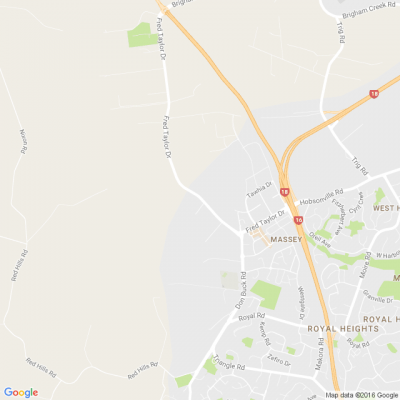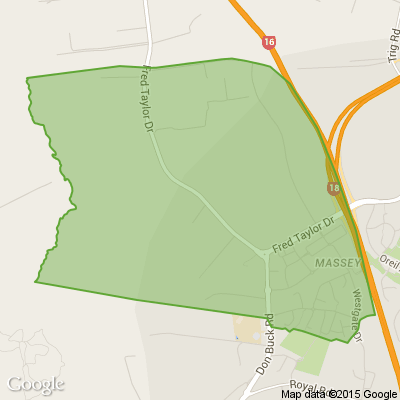Auckland trampers help revive endangered kōkako population
Trampers in Auckland have aided in the revival of dwindling kōkako numbers in a North Island forest, a study reveals.
A four-year survey of the kōkako bird found Pureora Forest Park is the first site nationally to have recovered to more than 1,000 individual birds, while in 1995 there were just seven pairs of kōkako in the area.
Volunteers from the Auckland Tramping Club (ATC) and Howick Tramping Club (HTC) have contributed to pest control operations in the Pureora Forest to protect the kōkako over the past 20 years.
Department of Conservation community ranger Kina Campbell said the two tramping clubs’ continued efforts demonstrate the importance of community contributions to conservation.
“To see the steady growth in the kōkako population is a great reflection in the value of the work being put in by members of these two tramping clubs,” he said.
Trampers carpool to Pureora during kōkako breeding season in spring and early summer, to reduce predators through setting and baiting traps and maintaining bait stations.
HTC spokeswoman Colleen Grayling said between 20 and 25 volunteers regularly give their time and effort, visiting the area up to six times per year.
“The reasons we volunteer are using our outdoor skills and gear for a worthwhile cause, enjoying the bush and birdlife, a chance to hear and see kōkako and the camaraderie of being with like-minded people,” she said.
“Hearing the calls of the increasing kōkako population and seeing the positive survey results drives the involvement. We have definitely had our challenges, but overall, our loyal volunteers’ hard work has paid dividends.”
HTC’s involvement with the kōkako efforts in Mangatutu goes back to 1997, and since 2003 the club has helped with applying for funding, purchasing supplies and administrative tasks to support the Department of Conservation (DOC). ATC has been working in the Tunawaea catchment since 2011.
As a result of the central North Island pest control work, the official status of the kōkako has moved from ‘Threatened’ to ‘At Risk – Recovering’.

Best way to use leftovers?
I'm sure you've got some excess ham at home or cold roast potatoes.
What are some of your favourite ways to use leftover food from Christmas day? Share below.

⚠️ DOGS DIE IN HOT CARS. If you love them, don't leave them. ⚠️
It's a message we share time and time again, and this year, we're calling on you to help us spread that message further.
Did you know that calls to SPCA about dogs left inside hot cars made up a whopping 11% of all welfare calls last summer? This is a completely preventable issue, and one which is causing hundreds of dogs (often loved pets) to suffer.
Here are some quick facts to share with the dog owners in your life:
👉 The temperature inside a car can heat to over 50°C in less than 15 minutes.
👉 Parking in the shade and cracking windows does little to help on a warm day. Dogs rely on panting to keep cool, which they can't do in a hot car.
👉 This puts dogs at a high risk of heatstroke - a serious condition for dogs, with a mortality rate between 39%-50%.
👉 It is an offence under the Animal Welfare Act to leave a dog in a hot vehicle if they are showing signs of heat stress. You can be fined, and prosecuted.
SPCA has created downloadable resources to help you spread the message even further. Posters, a flyer, and a social media tile can be downloaded from our website here: www.spca.nz...
We encourage you to use these - and ask your local businesses to display the posters if they can. Flyers can be kept in your car and handed out as needed.
This is a community problem, and one we cannot solve alone. Help us to prevent more tragedies this summer by sharing this post.
On behalf of the animals - thank you ❤️








 Loading…
Loading…